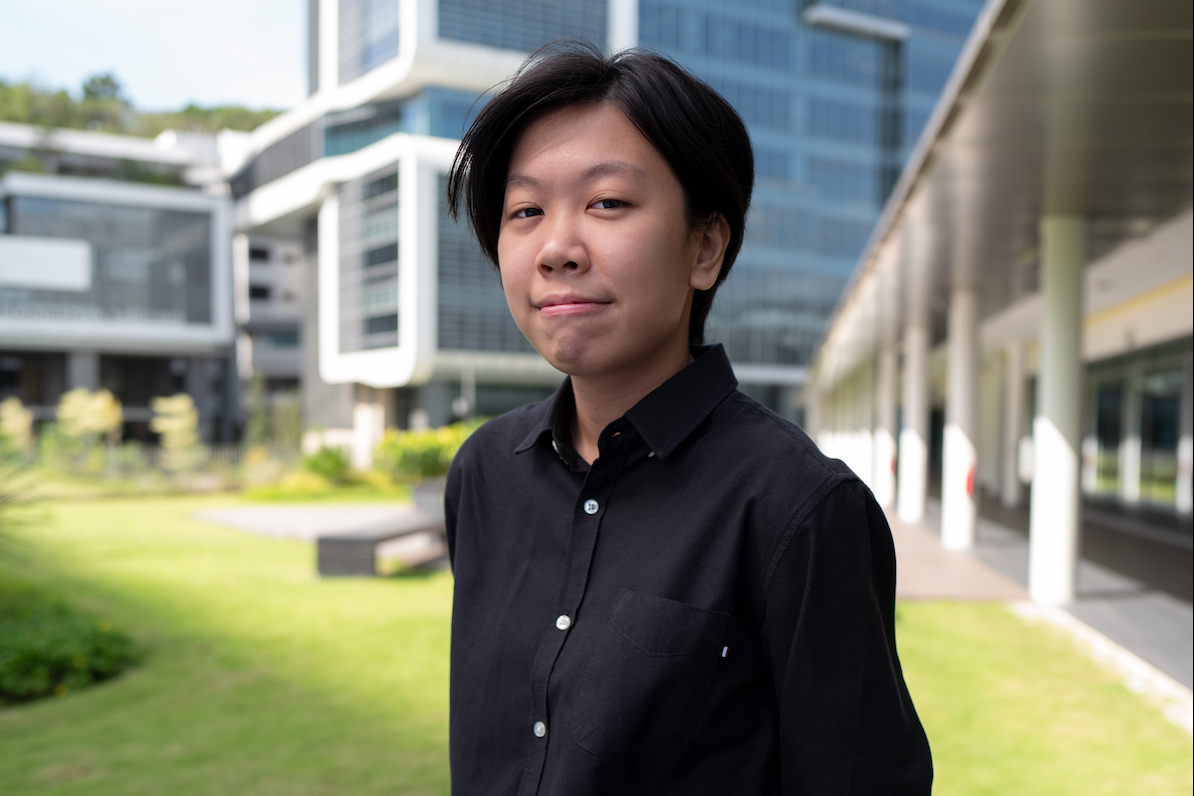The Integrator, The Versatilist and The Deep Specialist
May 6, 2021
The Integrator, Wong Qing Ning

With a Double Degree in Life Sciences and Japanese Studies, Qing Ning’s two degrees could not be any more different. The only common factor? Her passion for both areas of study, which has equipped Qing Ning with invaluable insight that she shares with her peers regularly.
“There isn’t a middle point with my current degrees,” admits Qing Ning. “However, I have learnt more critical thinking skills in my Humanities modules, which I have transferred back to Life Sciences. For example when my Life Sciences professors are talking about a certain research, I’ll start to question “Why?” instead of just taking it as is.” Likewise, the structured process of research writing in her Science modules has made it easier for Qing Ning to distill problems in her humanities major.
Having experienced the benefits of an interdisciplinary approach to learning, Qing Ning often encourages her peers to take at least a module from a different discipline. At the new College of Humanities and Sciences, Qing Ning is an Integrator - often seen drawing connections between seemingly disparate subjects, even if it’s transferable skills. “I have friends who are very passionate about biology, but they only know that one thing. At the end of the day, the hope is to apply our research to the world, which is why I strongly recommend that they look up at the world, and at things around them. Because if they were to take even just one subject from another discipline, I believe their perspectives will change a lot and that would benefit them greatly.”
The Versatilist, Tan Wei Liang

An aspiring Forensic Psychologist with a keen interest in Criminal and Investigative Psychology, Wei Liang knew that he was going to declare Psychology as his major from Day One. “I have always been interested in understanding human thinking and human behaviour, and I knew that Forensic Psychology was something I wanted to pursue. So I looked at the courses I could take to get me towards a Forensic Psychology path,” said Wei Liang. And that he did.
A final year student reading Psychology with a Forensic Science Minor, Wei Liang’s current academic portfolio helps him better understand crimes. Specifically, his Psychology major allows him to establish a perpetrator’s motivations and state of mind, while his Forensic Science minor enables him to critically analyse evidence present in a crime scene. While not an immediate shoo-in into the field of Forensic Psychology, he has found that this interdisciplinary combination has empowered him to form more holistic theories for each crime scene, than most of his peers.
At the new College of Humanities and Sciences, Wei Liang is what we call a Versatilist. Always eager to explore something new, you can count on Versatlists like Wei Liang to lend fresh perspectives to every challenge they encounter - be it in everyday life or in Wei Liang’s case, solving crimes. And an interdisciplinary approach, as Wei Liang puts it, is key: “When it comes to crimes, you need to look at various disciplines - from law, forensic science, sociology to philosophy - to paint a clearer picture and to see what the crime is like, in order to solve crimes. It’s about having multiple perspectives as opposed to tunnel vision, because now you are able to tackle problems that you may not be able to adequately resolve with what you’ve learnt from just one sole discipline.”
The Deep Specialist, Ravin Raj

Throughout his time at SPS, Ravin mentored fellow students and fine tuned his problem assessment, critical thinking and problem solving skills. Today, Ravin is planning for a PhD in Physics, and is a Graduate Research Assistant at the Centre for Quantum Technologies, where he and his team are building an experimental platform for cooling atomic strontium.
At the new College of Humanities and Sciences, Ravin is a Deep Specialist through and through - but that is not to say that an interdisciplinary approach to learning does not add value to his work. “In a very humble sense, any solution that I come up with is going to be very naive and narrow minded because I’m a specialist in my field. More often than not, a specialist will know how to take care of shortcomings in their own field. But it’s quite rare for someone to know how to build a truly multi prong approach outside of their field unless they consult someone. Usually when I speak to my friends and I get their knowledge that extends out of my field, I will come up with a far more different solution.”
Find out if you're a Versatilist, Integrator or Deep Specialist with CHS and see what your future could be.

